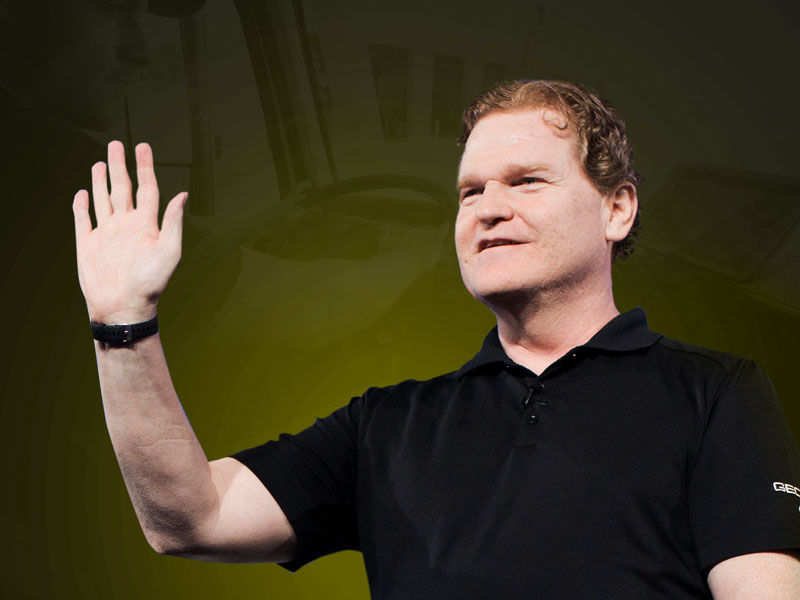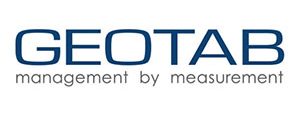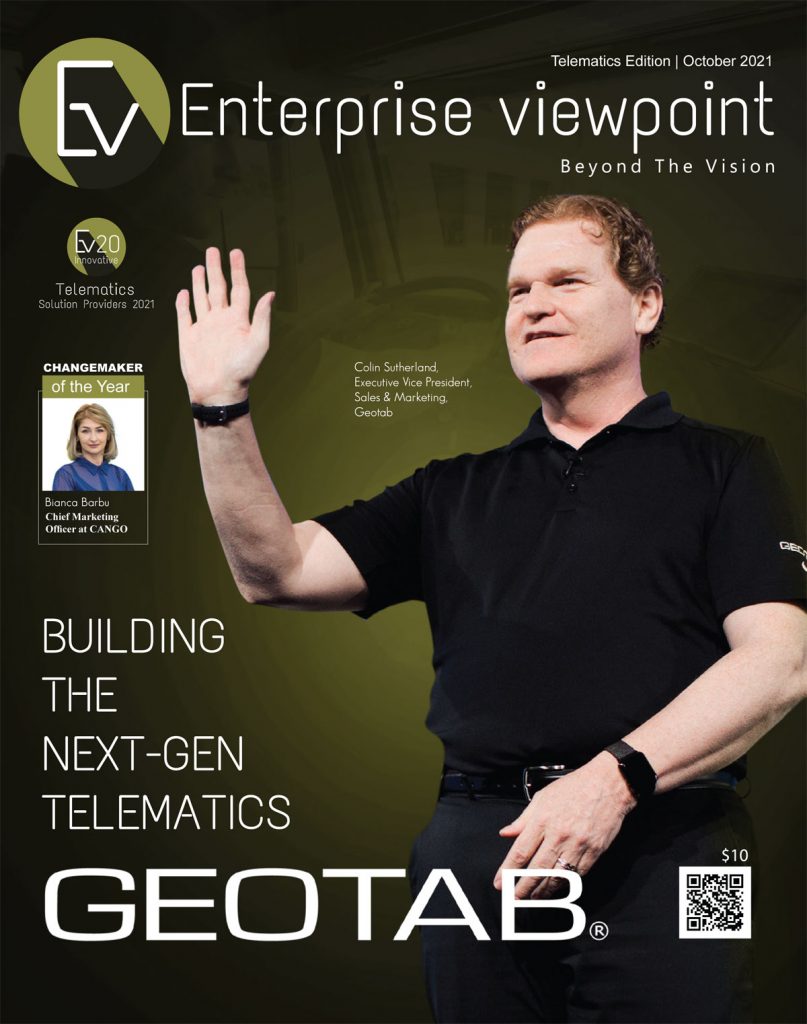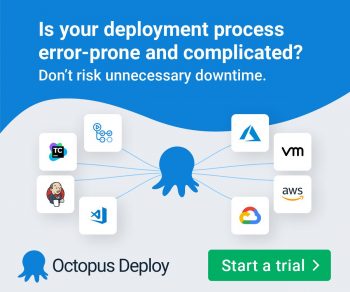With less money in the operating budget and more scrutiny on the allocation of net new spending for IT initiatives, many companies and organizations are looking for solutions with a clear return on investment and support for socioeconomic initiatives, such as sustainability efforts for reducing carbon emissions. These include telematics-driven products and services that will help reshape the transportation industry so that it can achieve greater efficiency. In addition, telematics will continue to be key in helping move vehicle electrification forward — whether through equipping organizations with real-world data insights to help them assess the best types of electric vehicles (EV) to adopt for their businesses, or helping governments electrify their fleets and plan for where to install EV chargers. These solutions can additionally help utilities best prepare for and manage an increase in electric charging and its impact on the grid. This is where Geotab— an industry leading telematics solutions provider—is redefining how to push the transportation industry forward.
With over two decades of industry presence, Geotab has grown to be a leading telematics provider with more than 2.3 million vehicles in over 130 countries around the world equipped with Geotab technology. Named as the world’s #1 commercial telematics provider by ABI Research for two consecutive years, Geotab processes more than 40 billion data points each day. The data gleaned from these telematics devices is relied upon by over 45,000 businesses to provide valuable, actionable business insights—from some of the largest retail and courier brands to governments and other service organizations worldwide. “Geotab customers trust in the over 20 years of passion and experience that has resulted in a substantial patent portfolio that makes data sampling continuous and useful,” begins Colin Sutherland, Executive Vice President, Sales & Marketing, Geotab.
In a nutshell, Geotab’s suite of solutions help organizations optimize their operations to plan for strategic market expansion and sustainable growth, as well as to support the common good by helping to make roads and urban infrastructure safer. “One of the company’s key industry differentiators is our open platform solution, which promotes a network of cooperation, enabling businesses to integrate data processed from Geotab-connected vehicles into any system regardless of business size or operational needs,” adds Sutherland.
The Right Level of Innovation
While tracking or positioning a vehicle location on a map is the oldest and most basic telematics function, Geotab is unique in that it uses a combination of Groups, Rules and Zones that provide more context for where, when and how vehicles are used. Geotab has developed algorithms and other techniques that assign value and purpose to each data point it processes. The benefit of this data is that it can be broadly used to help fleets optimize key areas of their business operations including sustainability, safety, compliance and expandability.
Innovations in Sustainability. Fleet monitoring drives immediate insights into wasted fuel and time, and these insights help improve a fleet’s productivity and efficiency by informing fleet operations like route planning, dispatching and managing downtime. Initial waste can be measured and managed within weeks of first setting up telematics devices in a fleet. As a result, it helps provide long-term and continuous improvements.
In addition, most medium and large enterprise customers are measuring their carbon footprint and finding that transportation and facilities contribute to a large percentage of their carbon emissions. Geotab measures precise fuel consumption for businesses with internal combustion engines (ICE) and reports on opportunities to save fuel by reducing idle time, improving route planning and more. Finally, Geotab takes a business’ ICE vehicle trip profiles and compares them to electric vehicle (EV) trip profiles in order to identify which ICE vehicles can be replaced by an EV.
Innovations in Safety. Geotab’s interactive driver coaching feature helps employees maintain clean motor vehicle records by helping drivers avoid risky driving behaviors like speeding and harsh braking. This helps keep drivers safe, maximizes fuel usage and reduces unnecessary wear and tear on the vehicle.
Innovations in Compliance. Dispatching and regulatory compliance is an important part of fleet management. With Geotab’s data processing methods, a precise trip can be replayed down to the street level and no assumptions are made about trips taken. This helps improve fleet dispatching and is essential for proof-of-delivery quality assurance. Geotab is a trusted source of data to help report those trips because its algorithms are constantly sampling trip activity, making playback and trustworthy compliance reports.
Innovations in Expandability. Lastly, it is important that enterprises consider making IT investments that support expansion by API, so data applications can be expanded beyond fleet, safety, productivity, sustainability and regulatory compliance. Geotab’s software development kit is world leading in the telematics industry. “Geotab leverages data analytics and machine learning to help customers optimize and expand their uses for data by benchmarking performance against fleet industry trends. Geotab provides this reporting to its customers each month.”
In line with its open platform approach, Geotab continues to evolve its telematics offering with products such as the OEM Data Platform solution, which leverages the emerging trend of OEMs adding an embedded telematics device into vehicles. The Geotab OEM Data Platform makes it possible to integrate third-party information from OEM vehicles and equipment into MyGeotab.
The Evolution of a Transportation Leader
In 2000, Geotab was officially founded in Oakville, Ontario, Canada. The company name signifies the blending together of the concepts of geospatial (Geo) and tabulation (tab). It wasn’t until GPS technology was made more accurate for business users in the 1990s that the vision for Geotab became a reality. Telematics started out as a niche market, mainly because it used expensive satellite communications to relay data. Back then, customers were hindered by the high cost of data, obtaining only a limited amount of information. Geotab solved that problem through design. Rather than using satellites to relay information, the initial Geotab GO module stored vehicle data in its memory, which could be transferred to a computer via a memory key. This architecture eliminated the cost penalty associated with fleet tracking. Geotab was able to provide its passion for high fidelity data at “no” transportation cost. With access to affordable, accurate information, customers could gather much greater insight on their fleets.
Over the years, Geotab has evolved with an agile technology roadmap demonstrating leadership, including its open platform, data analytics, cybersecurity and EV solutions. To promote the adoption of electric vehicles, Geotab developed a software tool to identify which combustion vehicles are target candidates to go electric, including battery health for remarket value and battery performance in cold weather climates.
Helping create a more sustainable future is one of the many things that sets the company apart from other players in the space. Today, Geotab is the strongest telematics provider in the EV space, currently capable of aggregating and managing electric load data from more than 165 EV makes and models, as well as all EV charging methods. In addition, its Geotab Energy division is focused on the challenge of peak load management and EV adoption. By working in partnership with electric utilities, Geotab Energy helps to bridge sustainable transportation with sustainable energy by offering products and services designed to support the adoption of EVs with electrical grid infrastructure.
Under the guidance of Geotab Founder and CEO Neil Cawse, and Colin Sutherland, the company is creating a revolution in the telematics space. According to Sutherland, “We wholeheartedly believe in ‘doing the right thing’. As a result, we hold ourselves accountable to honoring that value, and our commitment has shaped the way that we do business at Geotab. Leadership is cultivated from the top down, so when you do what’s right as a leader, you set the standard for employees to do the same. At Geotab we define doing the right thing in many ways; but in short it’s about making the choices that enrich the lives of others, showing up for each other and focusing on the future.”
The Future of Geotab: Continued Growth and the Fight against Climate Change
With continuous learning fundamental to Geotab’s success, Geotabbers innovate and seek creative ways for constant improvements. As a result, Geotab continues to expand and advance its portfolio of solutions to meet the needs of current and future customers. According to Sutherland, “As the global demand for telematics is increasing, Geotab continues to make investments in our international operations. In addition to our Oakville-based headquarters and Las Vegas-based customer experience center, Geotab now has staffed offices in Europe, Australia, Singapore, Latin America and most recently, Brazil. To meet the needs of our multinational customers, Geotab is modeled after the global software platform companies that encourage development partners and channel sales to successfully apply the solutions we develop.”
Sutherland continues, ”In addition, as the global leader in commercial telematics, we recognize our responsibility to the transportation sector and the world at large. As a result we believe in the importance of utilizing our position as a data-centric company to help combat climate change. To help do our part, Geotab is first aligning our own goals with the Paris Agreement, which aims to limit global warming well below 2°C, preferably to 1.5°C above pre-industrial levels. Second, the company plans to use its industry reach, influence and technology to help our customers and partners understand how they can take action against climate change. We also advocate for accurate and transparent measurement, reporting, verification and monitoring of greenhouse gas emission by all parties, including our partnerships with government agencies that encourage action on fleet efficiency and sustainability.”
Geotab’s continued focus on innovation coupled with its commitment to creating a more sustainable future is one of the many things that sets the company apart and ahead of other telematics providers.




















